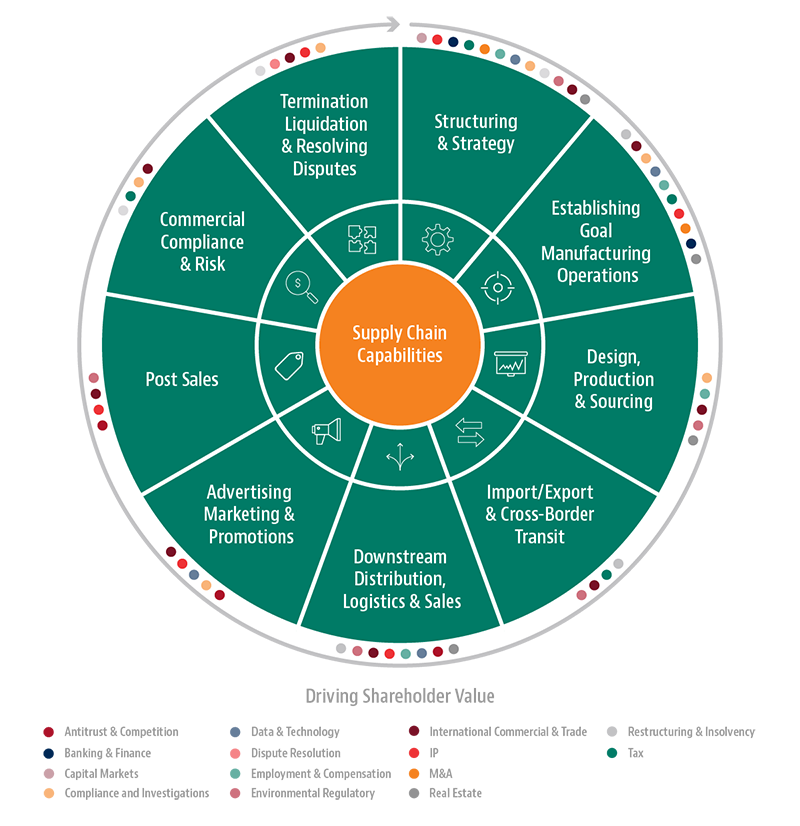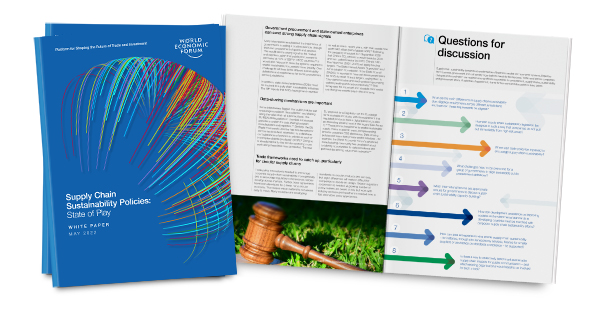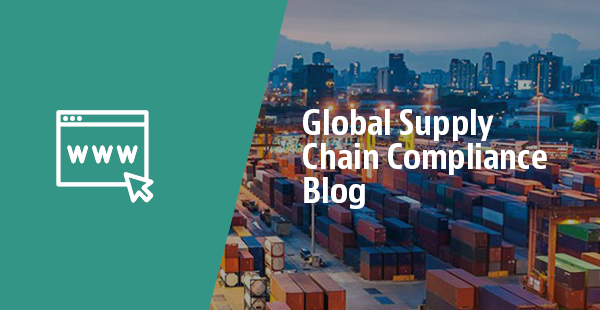Visit InsightPlus for our repository of legal updates covering Supply Chains developments across the globe
Why Baker McKenzie?
Our Firm has a unique ability to achieve your supply chain aims. We do not offer pre-packaged solutions or adopt a siloed approach.
Instead, we provide strategic legal counsel that helps clients join the dots between business priorities and legal practicalities.

Related Practices
Key Contacts
-

Kerry B. Contini
Partner- Washington, DC
+ 1 202 835 6100 Email -

Reagan R. Demas
Partner- Washington, DC
+ 1 202 835 1886 Email -

Jennifer F. Revis
Partner- London
+ 44 20 7919 1381 Email -

Jukka Karjalainen
Partner- London
+ 44 20 7919 1560 Email -

Anne Petterd
Partner- Sydney
+61 2 8922 5888 Email -

Adriana Ibarra-Fernandez
Partner- Mexico City
+ 52 55 5279 2947 Email -

Esteban Pablo Rópolo
Partner- Buenos Aires
+ 54 11 4310 2263 Email




